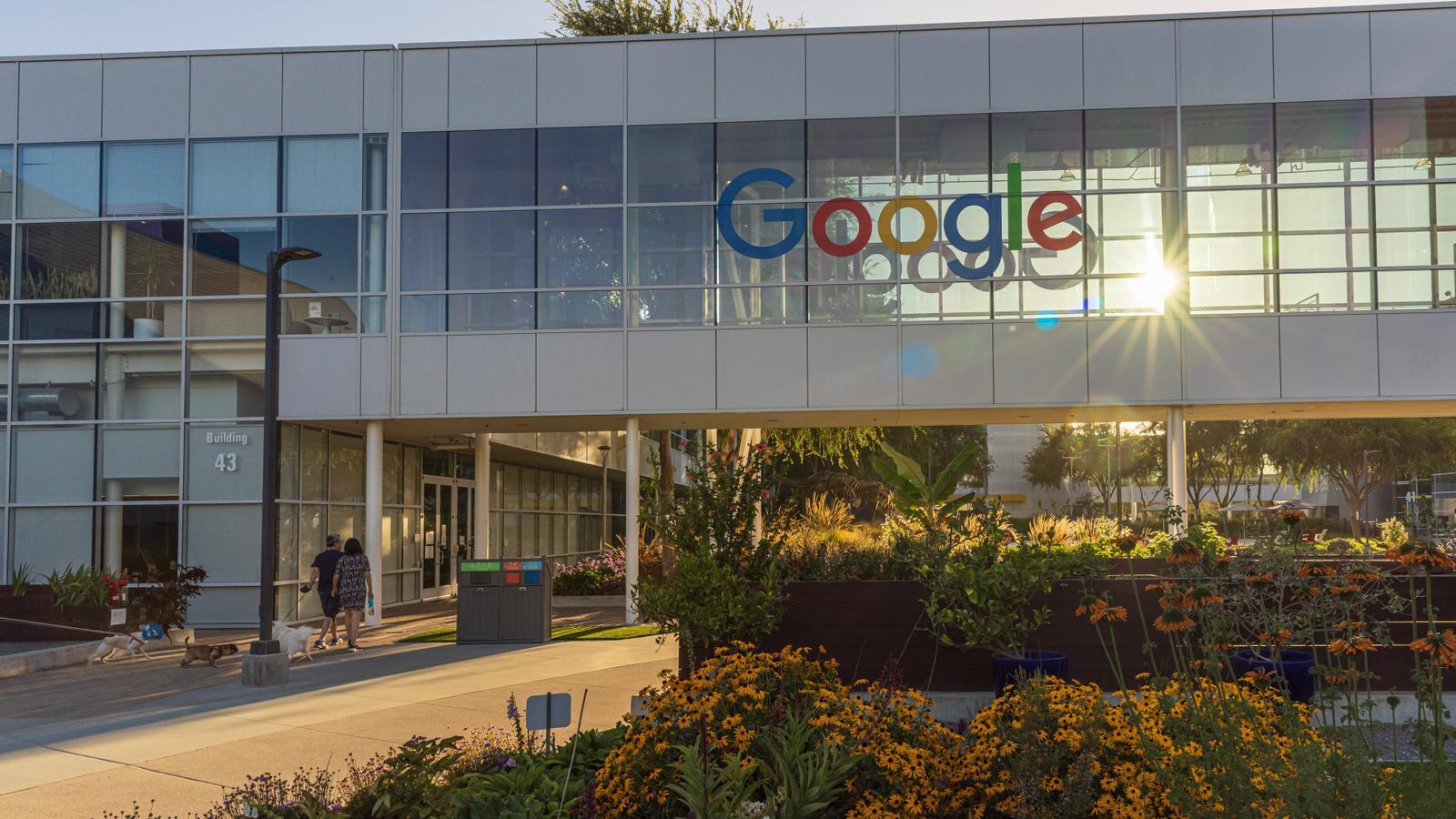Google avoids a judge's decision to split it in two: it keeps Chrome, but will have to share data with its competitors.
The ruling allows the company to avoid the toughest demands against its monopolistic practices.

BarcelonaGoogle has managed to avoid one of the harshest penalties it faced for violating antitrust laws, which the courts had already confirmed in 2023. The US Department of Justice wanted to force Google to divest from its Chrome search engine as a measure to limit the effects of the company's monopolistic practices, but. However, the same ruling prohibits it from using exclusivity contracts that oblige users to use Chrome, and Google will also have to share search data with its competitors.
The court ruling was published yesterday, Tuesday, and on the same day, shares of Alphabet, Google's parent company, soared 6% in after-hours trading on Wall Street. The ruling was signed by Judge Amit Mehta, the same judge who, in 2023, already ruled in another proceeding that Google had violated antitrust laws regarding its dominance in internet searches. Now, Mehta clarifies that Google is not obligated to "divest itself of Chrome or the Android operating system."
During the trial, The US Department of Justice had requested that Google had to divest some of its services, including the Chrome search engine, but the judge considers that "the plaintiffs overstepped their bounds" when they requested this forced divestiture. The ruling also rejected prohibiting Google from paying or offering compensation to distribution partners to install Google Search, Chrome, or its generative AI products, since in the judge's opinion this would cause "substantial harm" to both its partners and consumers.
However, the ruling does add some limitations to Google's activity. Specifically, it prohibits it from "maintaining any exclusive contract related to the distribution of Google Search, Chrome, Google Assistant, and the Gemini application," the company's artificial intelligence chatbot.
AI gains ground in search engines
However, Judge Mehta notes in Tuesday's ruling that many changes have taken place in the past two years, since he himself ruled that Google had violated antitrust rules. Although it remains the dominant company, the judge notes, AI and generative AI technologies "can be game-changers." In this regard, he writes: "Today, tens of millions of people use GenAI chatbots, such as ChatGPT, Perplexity, and Claude, to gather information they previously sought through internet searches."
